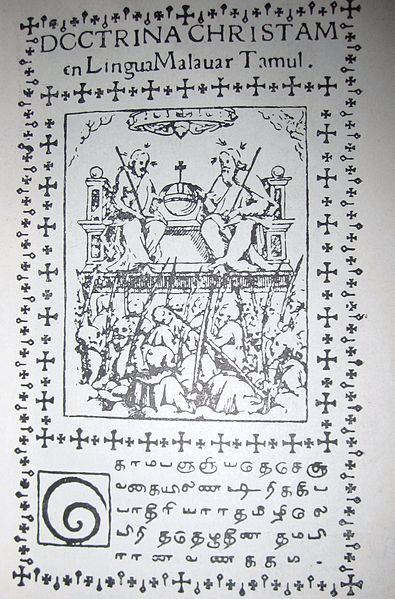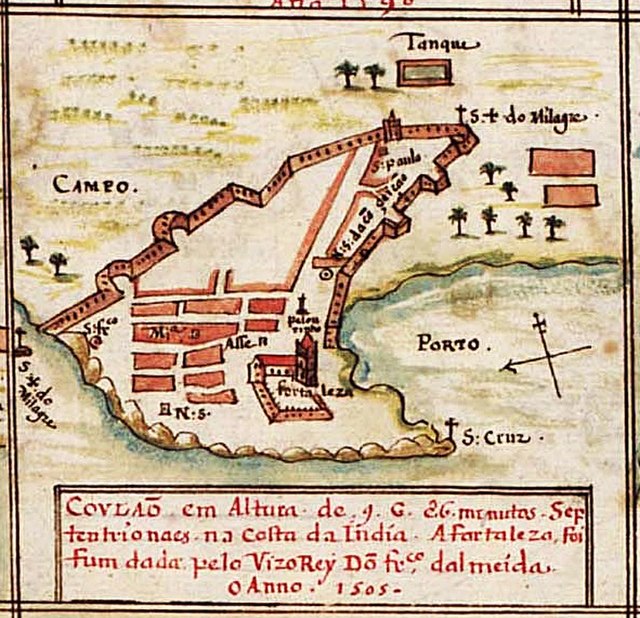Mundakkal, also spelt Mundackal, is an important residential area and industrial hub situated in the city of Kollam, Kerala, India. The place is considered as the capital of India's cashew processing activities. Kerala State Cashew Development Corporation Limited(KSCDC) and Cashew Export Promotion Council of India(CEPCI) are headquartered at Mundakkal in Kollam city. It is an important tourist place in the city and a part of Downtown Kollam which gained in significance because of the presence of a flourishing beach. During 'Karkidaka Vavubali', thousands of devotees arrive on the beach to perform the Vavubali Tharpanam. Vavubali is an important ritual observed by Hindus in Kerala in the month of Karkidakam. The ritual involves people offering Bali to the departed souls. The ritual is performed by men, women, and children.
Mundakkal Coast in Kollam city
Kollam, also known by its former name Quilon, is an ancient seaport and city on the Malabar Coast of India bordering the Laccadive Sea, which is a part of the Arabian Sea. It is 71 km (44 mi) north of the state capital Thiruvananthapuram. The city is on the banks of Ashtamudi Lake and the Kallada river. Kollam is the fourth largest city in Kerala and is known for cashew processing and coir manufacturing. It is the southern gateway to the Backwaters of Kerala and is a prominent tourist destination. Kollam is one of the most historic cities with continuous settlements in India. Geographically, Quilon formation seen around coastal cliffs of Ashtamudi Lake, represent sediments laid down in the Kerala basin that existed during Mio-Pliocene times.

Thambiran Vanakkam was printed at Kollam, the capital of Venad in 1578, during the Portuguese Era. It holds the record of the first book printed in any Indian language. It was written in the language Lingua Malabar Tamul, which was spoken in Southern Kerala (Kollam-Thiruvananthapuram area) during the medieval period.
Kollam in the 1500s
Capture of Kollam in 1661
Kollam in the 1700s





